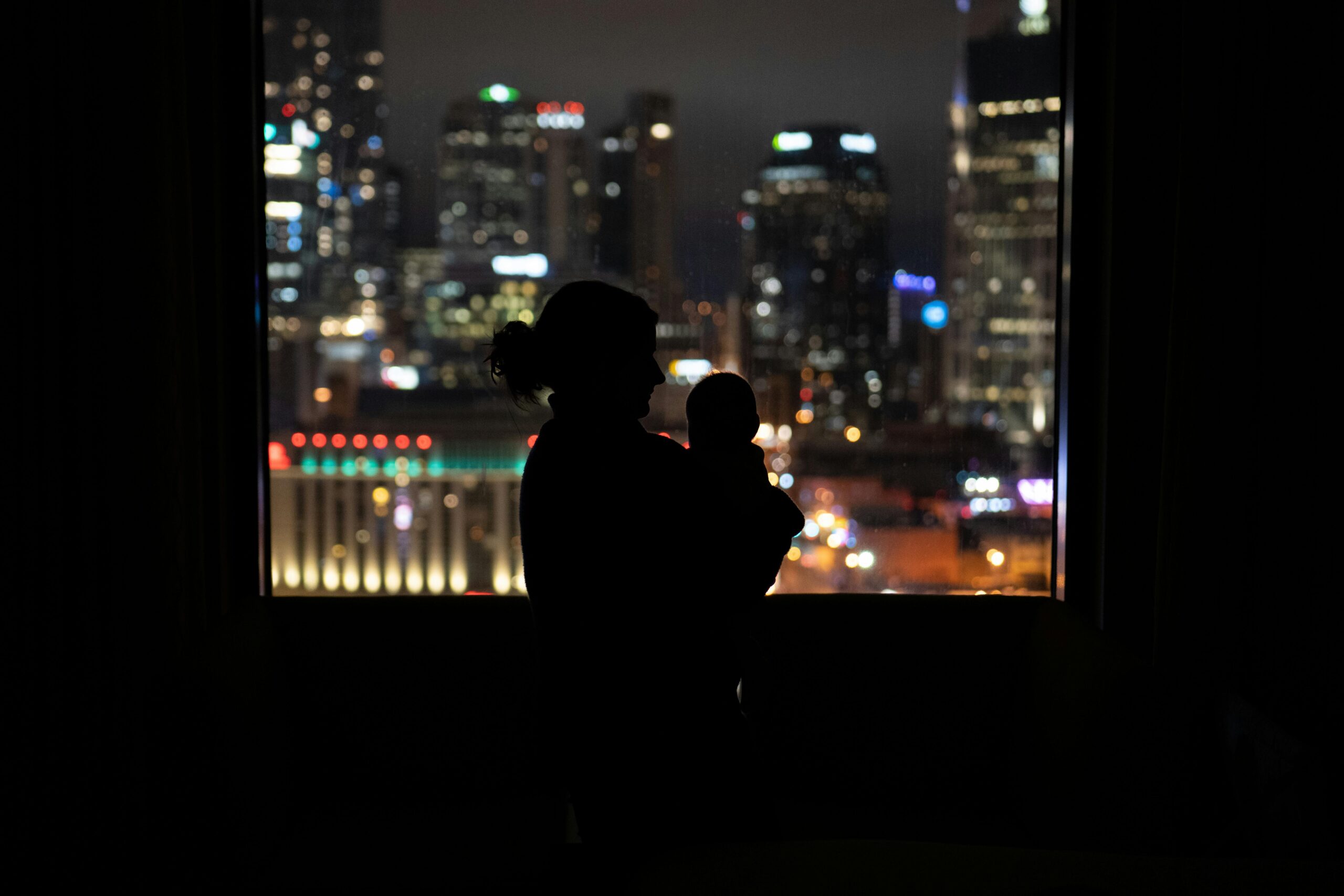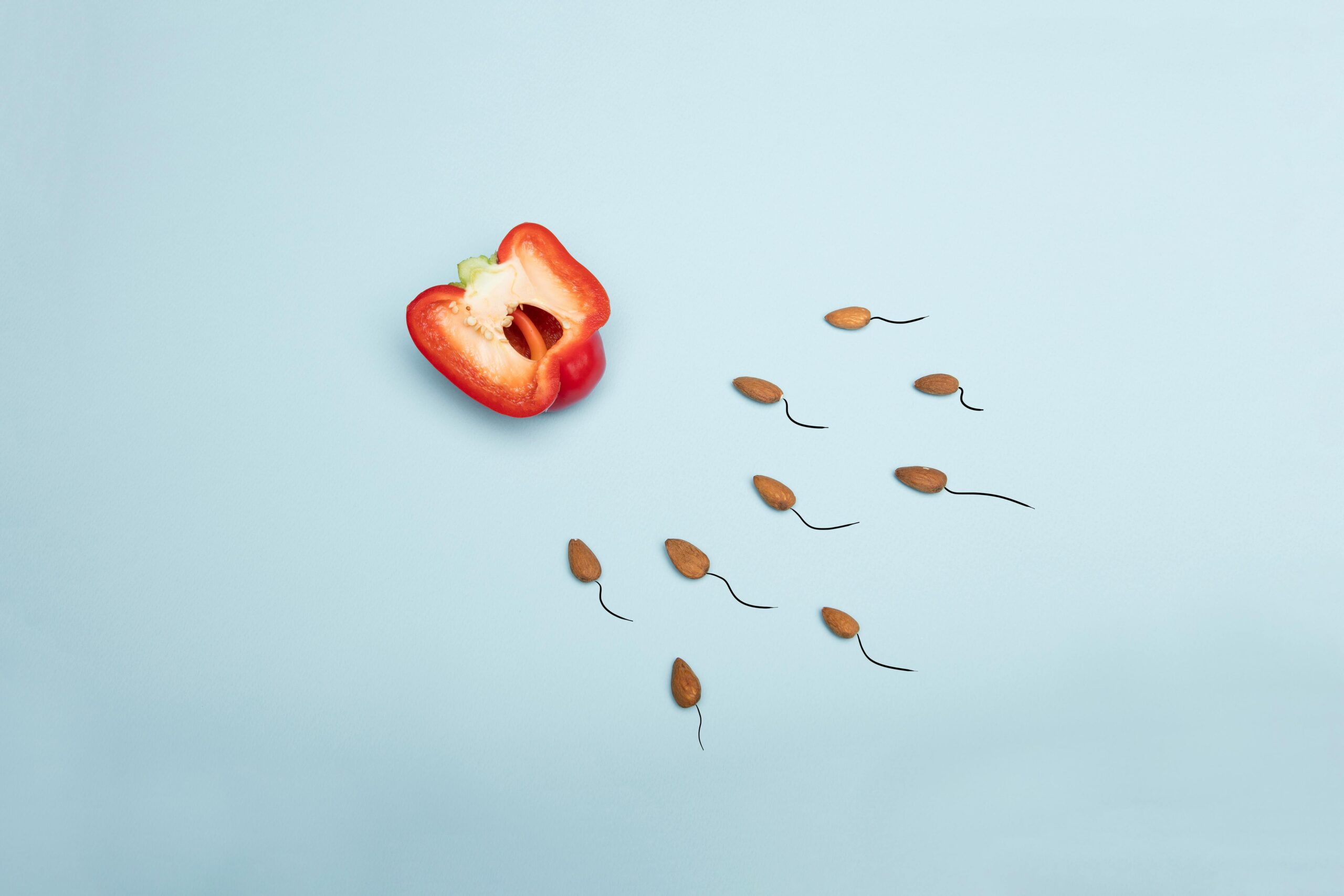
Allergies are a common problem for children. If you’re going to be a parent, it’s important to know how allergies can affect your baby and what you can do about them. Being prepared with the right information will help you deal with any issues that may arise, but as always it is important to speak with your pediatrician to get the most accurate and up-to-date information.
What Is An Allergy?
An allergy is a disorder of the immune system. When your baby’s body is exposed to an allergen (for example, pollen, peanuts, or shellfish), it sees this substance as foreign and dangerous. The body then releases antibodies called IgE into their bloodstream which triggers an inflammatory response that makes them feel sick. Symptoms include runny nose, coughing, and eczema.
Mild allergies can be treated with antihistamines but those aren’t always effective so doctors will often prescribe nasal steroids as well. Steroids work by reducing inflammation and swelling in the nasal passages.
Ways To Prevent Allergies From Developing In Infants
After breastfeeding (the World Health Organization recommends a minimum of 6 months), the next step would be to introduce solid food. If you’re not sure what kinds of foods your baby can handle, consult with a pediatrician or listen to their body and give them only the best. Introduce one new type of food every few days so that if there is an adverse reaction (such as constipation or something else), it will be easier to pinpoint which type of food was responsible. Also, avoid feeding your child any kind of nuts or peanuts until they’re at least three years old because this can cause a severe reaction. Allergies can be prevented but only if you know how to deal with them correctly.
When using disposable diapers, avoid those with fragrances or any lotions. The chemicals used can irritate your baby’s skin and cause more harm than good, so using the best diapers for newborns can help a lot to prevent any allergic reaction. There are also other ways in which parents can prevent allergies from developing such as: limiting exposure to dust mites by using hypoallergenic sheets and pillowcases, washing bedding once or twice a week, and avoiding letting pets sleep in your child’s room. If the family has any history of allergies (such as hay fever), it is recommended to keep an eye out for them since they may be more likely to develop allergies themselves.
How Does An Allergy Develop In Babies?
The most common way a baby becomes allergic is when they develop what’s called “the hygiene hypothesis”. This means that your baby isn’t exposed to enough germs, bacteria, or allergens while growing up which causes their immune system to overreact when it comes into contact with something new. Some things you can do about this are: make sure your home is clean (but not too clean!), give them pets, let them play outside more often and eat healthy foods rich in antioxidants like blueberries. Those actions should help reduce your child’s risk of developing allergies.
What’s The Best Way To Treat An Allergy?
The most effective treatments for allergies are steroid nasal sprays. These can help reduce inflammation in your baby’s airways and make it much easier for them to breathe. Your doctor might also prescribe antihistamines which will reduce any itching or swelling that occurs when their body reacts to allergens. They’re not always necessary but if you notice red, swollen eyes or a rash on your child, this is definitely something they need medication right away!
What are some home remedies for allergies?
There are many common household items that can help soothe your baby’s symptoms and make them feel better. Things like: saline solution, steam showers, or humidifiers. We recommend running a vaporizer in the same room as your child while they sleep to reduce any congestion and coughing that occurs throughout the night, which might prevent their condition from worsening. This should keep them comfortable.
By following these easy steps, you can help your baby avoid allergies wherever possible. If you avoid introducing food before six months and continue breastfeeding until they are old enough to eat table foods with lots of fruits and veggies added into their diet along with whole grains for antioxidants then there is no doubt that they will be fine.

















